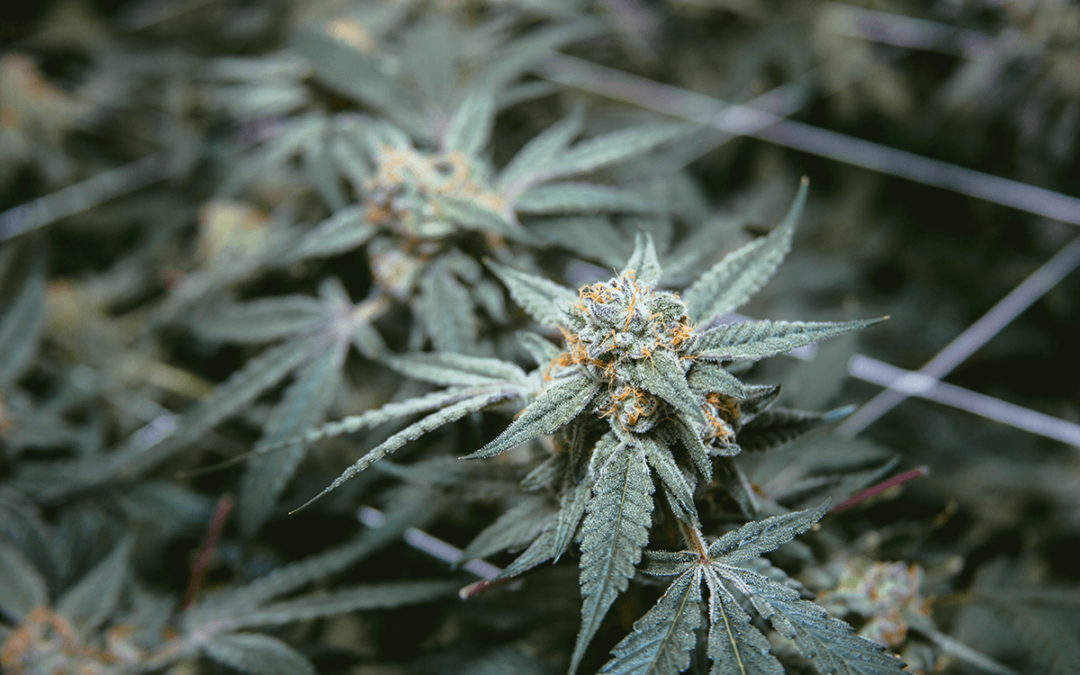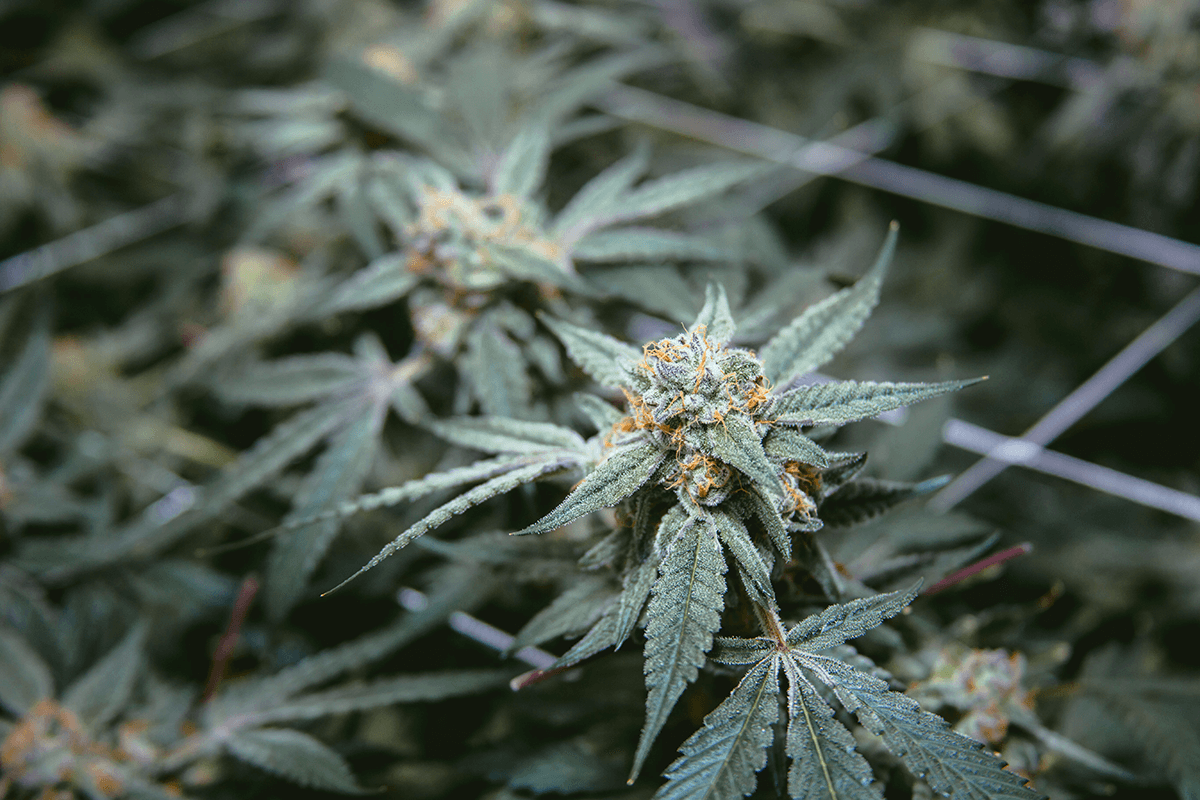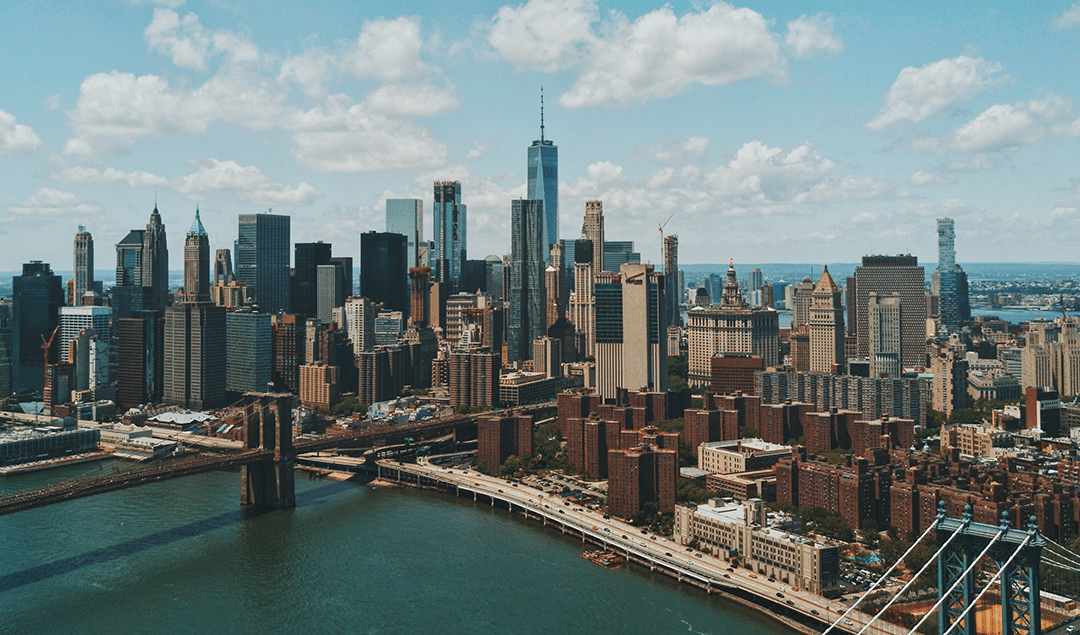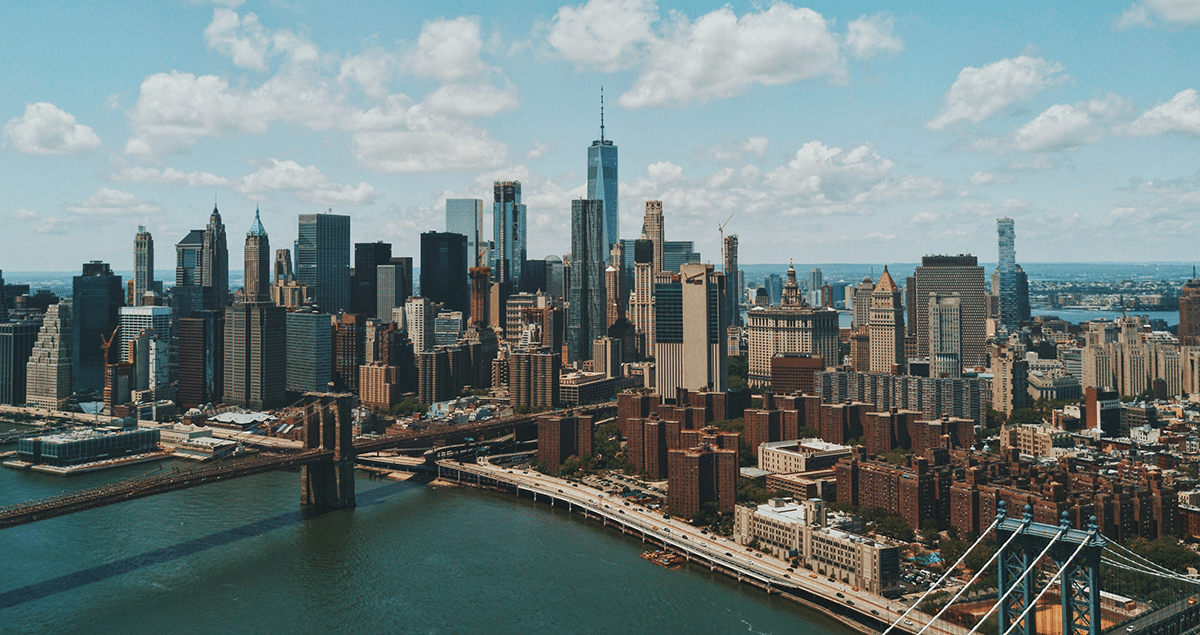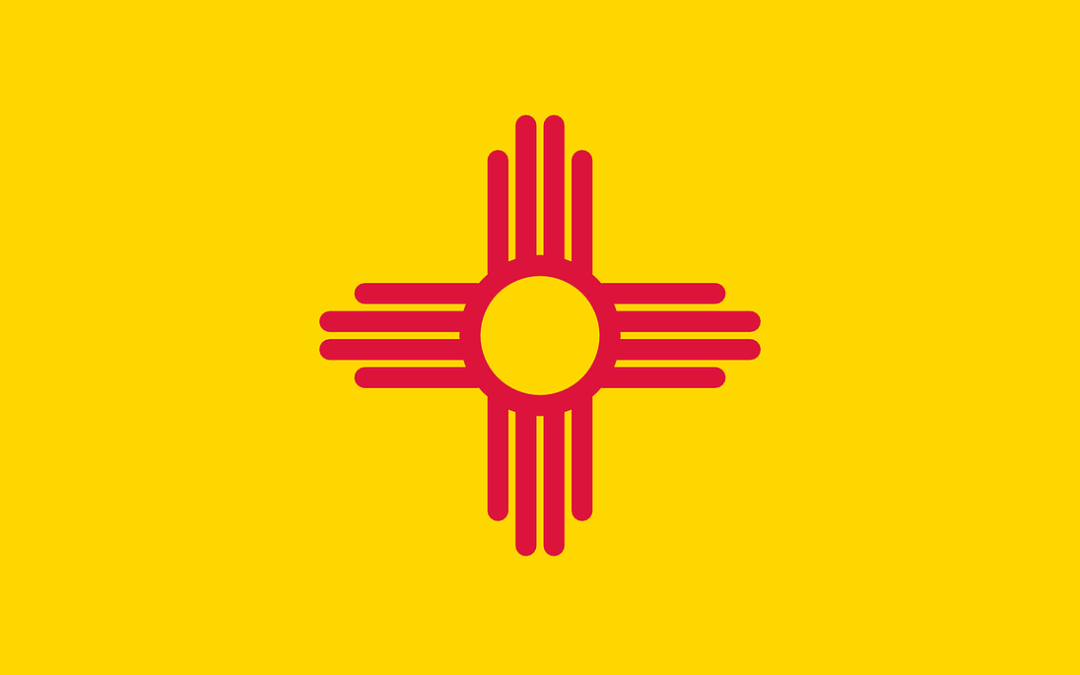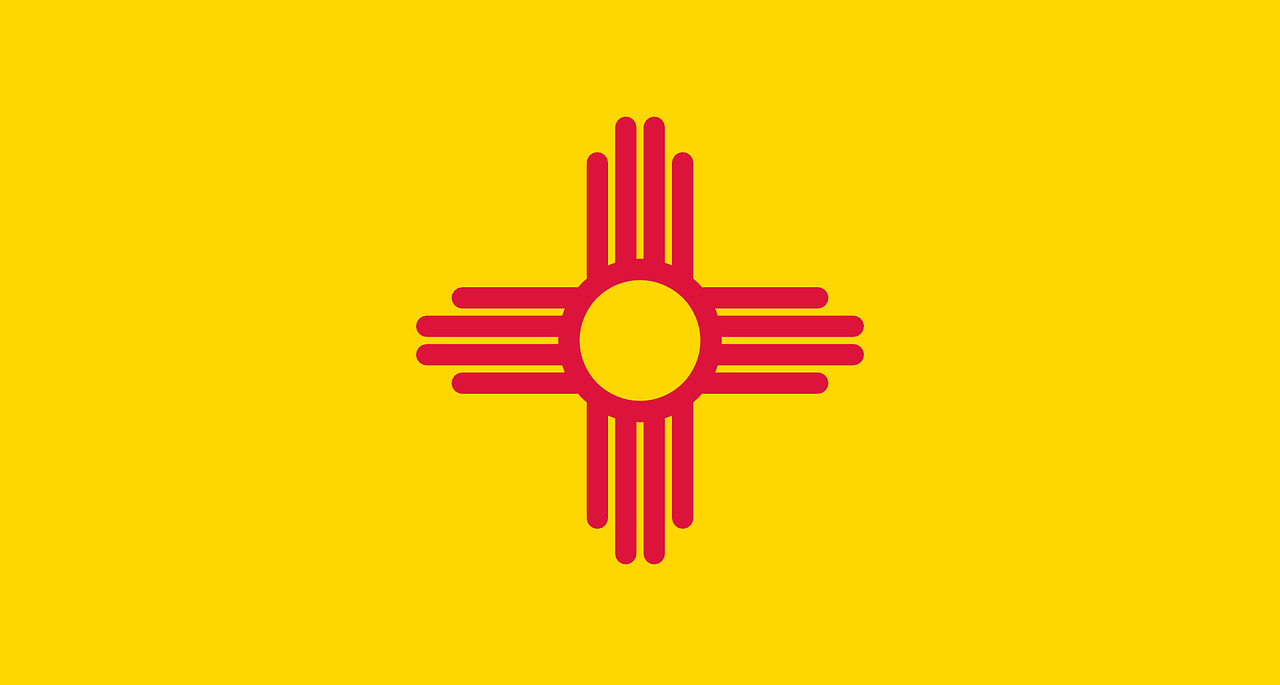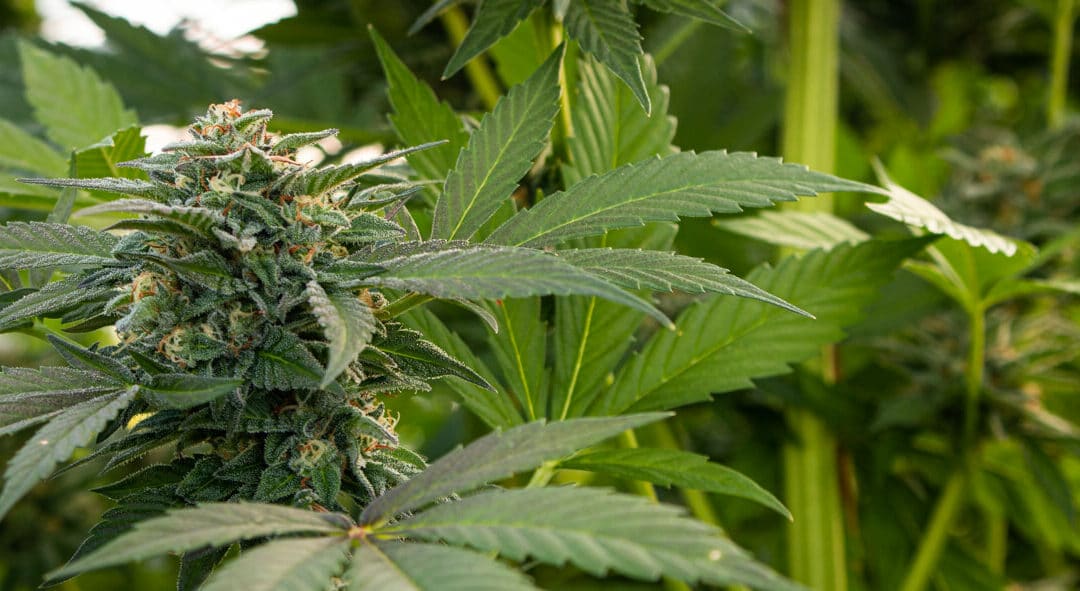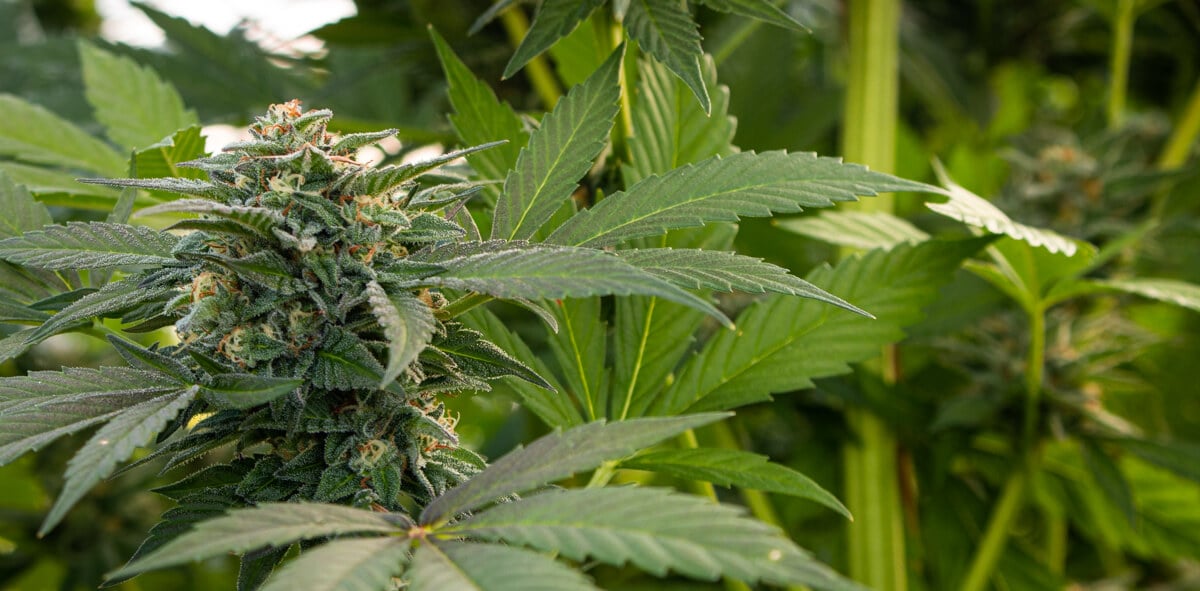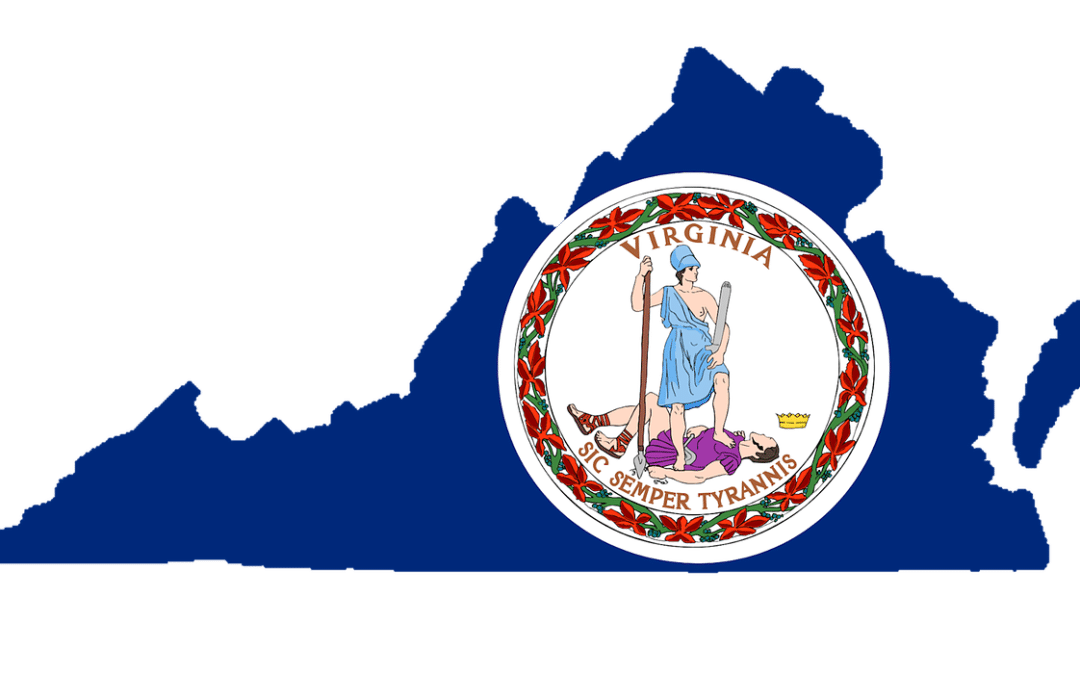
Virginia Cannabis Legalization Will Now Take Effect July 1, 2021
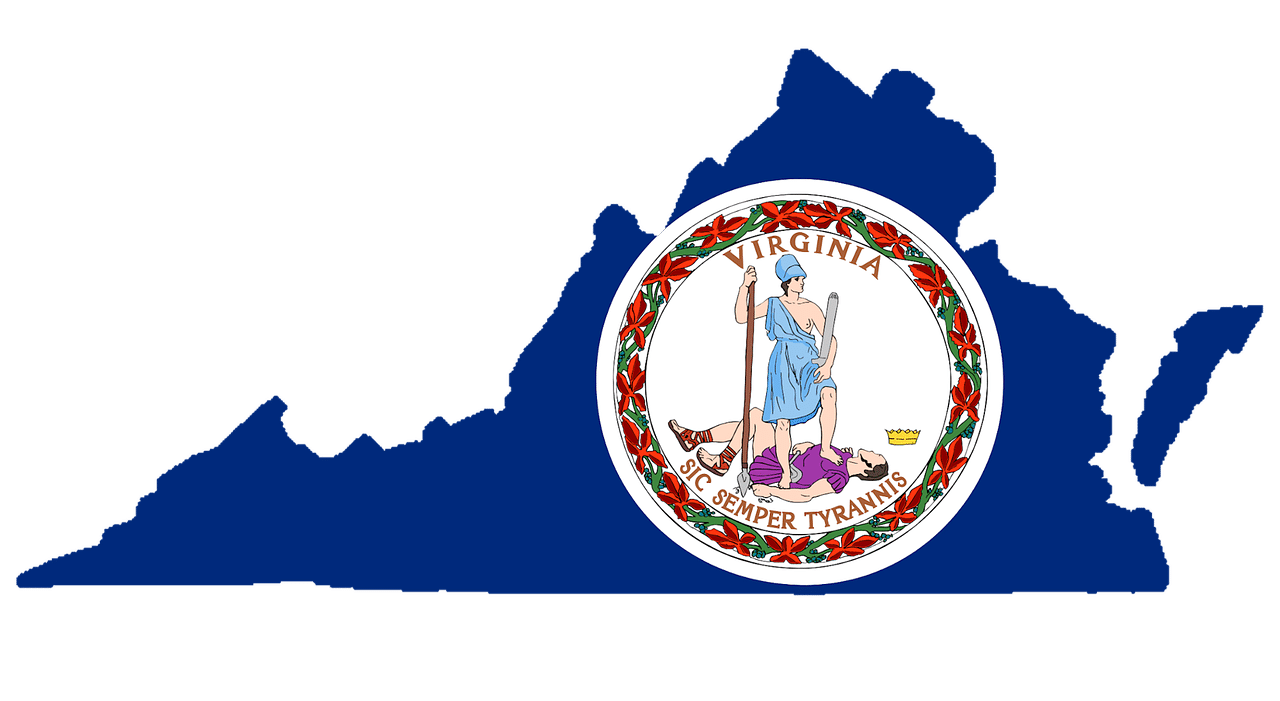
Following today’s legislative approval of Democratic Governor Ralph Northam’s amendments to Senate Bill 1406 and House Bill 2312, Virginia becomes the first southern state to legalize the possession and use of marijuana by adults.
Senate Bill 1406, introduced by Senator Adam Ebbin (D-30) and Senate President Pro Tempore Senator Louise Lucas (D-18), and House Bill 2312, patroned by House Majority Leader Delegate Charniele Herring (D-46), establish a statutory timeline for the legalization of the commercial marijuana market in Virginia. The measure also permits for the personal possession and cultivation of cannabis by those ages 21 or older.
Last week, Gov. Northam recommended changes to the legislation to permit the personal use provisions of the law to take effect on July 1, 2021 rather than on January 1, 2024 — the enactment date initially approved by lawmakers. Today, a majority of the legislature concurred with that change.
Therefore, beginning July 1, 2021, adults will be permitted to possess up to one ounce of marijuana and to cultivate up to four cannabis plants per household without penalty.
The timeline by which state regulators have to enact provisions licensing commercial cannabis production and sales remains July 1, 2024.
Commenting on the final passage, NORML Development Director Jenn Michelle Pedini, who also serves as the Executive Director of Virginia NORML, said: “This is an incredible victory for Virginia. Legalization will bring an end to the thousands of low-level marijuana infractions occurring annually in the Commonwealth — ending a discriminatory practice that far too often targets Virginians who are young, poor, and people of color.”
Majority Leader Charniele Herring added: “It is a huge day for equity in the Commonwealth. Virginia is now the first state in the South to legalize recreational marijuana use, and I am so proud to have been able to carry this monumental legislation. I am ever grateful for the commitment and advocacy from NORML on this topic. Getting Virginia to this day would not have been possible without their hard work and dedication to the cause.”
Senator Adam Ebbin said: “The passage of SB1406 caps off years of struggle to reform our broken and outdated marijuana laws and begins the deliberate steps to repeal the harms of the failed prohibition. I am thankful to NORML, the Governor, and my colleagues for moving this 283 bill from inception to passage over the last four months, and look forward to continuing to partner with them to establish a regulated, equity focused, adult-use marketplace in the coming years.”
Newly released statewide polling data finds that 68 percent of registered voters in Virginia, including majorities of Democrats and Republicans, support legalizing marijuana for adults.
“Virginians were very clear that they are ready for legalization this year, sending over 8,800 emails in support of these measures,” Pedini added.

